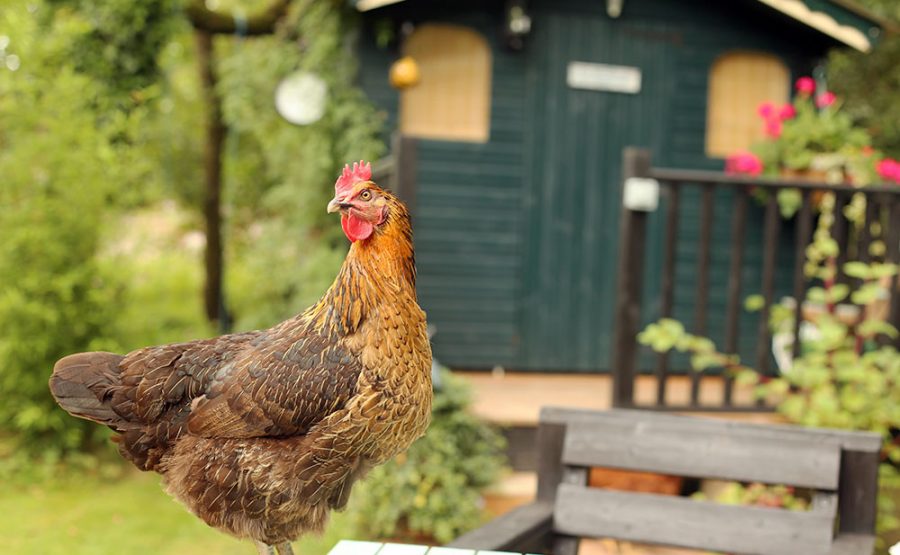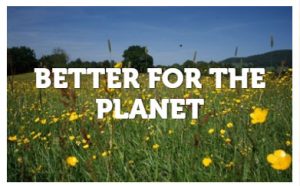September 25, 2017

Why is organic food much better?
More Quality
Organic entails working with nature, not against it. This yields to higher levels of animal welfare, minimum use of pesticides, no manufactured herbicides or artificial fertilizers and more environmentally sustainable management of the land and natural environment – this means more wildlife! Whatever you’re buying – from cotton buds to carrots – when you choose organic food, drink or beauty and textiles, you choose products that promote a better world.
Organic food comes from trusted sources. All organic farms and food companies are inspected at least once a year and the standards for organic food are laid down in European law.
 What makes organic different?
What makes organic different?
- Almost 300 pesticides can be routinely used in non-organic farming and are often present in non-organic food.
- Hydrogenated fats and controversial artificial food colors and preservatives are banned under organic standards.
- Organic means the very highest standards of animal welfare. Organic animals are reared without the routine use of drugs, antibiotics and wormers.
- In organic farming systems, animals are reared without the routine use of drugs, antibiotics and wormers common in intensive livestock farming.
- Organic farms are havens for wildlife and provide homes for bees, birds and butterflies – there is up to 50% more wildlife on organic farms!
Why is Organic expensive?
Organic food may be sometimes costly than non-organic foods, but there are ways to keep costs low. In an ideal world, organic wouldn’t need to be more expensive. A big part of the problem is that the true cost of our food isn’t reflected in the price, both the positives and the negatives. So food that is produced in ways that may contaminate our water, or lead to antibiotic resistance in people, may seem cheap in the store, but the real cost can be very high indeed.
Where there is a price difference, you are paying for the special care organic farmers place on protecting the environment and improving animal welfare. As the costs of farming with oil-based fertilizers and chemicals increase, the price gap between organic and non-organic is closing.
Post Views:
1,728
